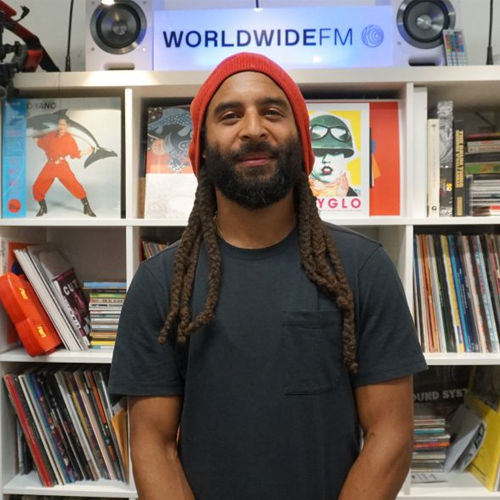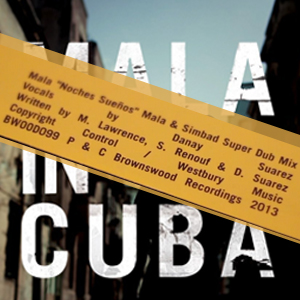
James Blake has won this year’s Barclaycard Mercury Prize with his album Overgrown, great news for electronic music, and of course great news for Dubstep, where James emerges from – more recently including a remix of Mala’s classic ‘Changes’.
“Well, I lost the bet,” Blake said after beating bookies’ favourite Laura Mvula and stars like David Bowie and Arctic Monkeys to the £20,000 prize.
Dance acts Disclosure and Rudimental, as well as Nottingham teenager Jake Bugg, were also on the shortlist. The Mercury Prize, for the best British or Irish album of the year, was handed out at the Roundhouse in north London.
In a brief acceptance speech, Blake thanked his parents “for showing me the importance of being self-sufficient”. “My audience don’t really buy records – people my age don’t buy records,” he added.
The singer-songwriter was previously nominated for the Mercury Prize in 2011 for his self-titled debut album.
Muted reaction
A classically-trained pianist who studied popular music at Goldsmiths University, Blake emerged from the dubstep scene. But his cerebral, ambient compositions have little to do with the genre he has since dismissed as “testosterone-driven” and “macho”.
Reaction to his win at the ceremony, in London’s Roundhouse, was muted. Many in the audience had expected soul singer Laura Mvula to take the prize. There was also strong support for Sheffield’s Arctic Monkeys, whose fifth album, AM, has seen them reinvigorated
Most of the artists took to the stage to perform a track from their nominated albums, but David Bowie and Laura Marling did not attend.
Established in 1992, the Mercury Prize has been won by albums such as Pulp’s Different Class and Primal Scream’s Screamadelica.
The judges, who remain anonymous until after the prize-giving ceremony, can be unpredictable.
This year notable albums by London Grammar and My Bloody Valentine failed to make the list, with the latter band complaining bitterly about their exclusion.
This year’s nominees were whittled down from a long list of 220, submitted to the jury by their record labels.
The 12-strong shortlist had been criticised for being too mainstream, with five number ones and seven former nominees among the competitors.




Be the first to comment